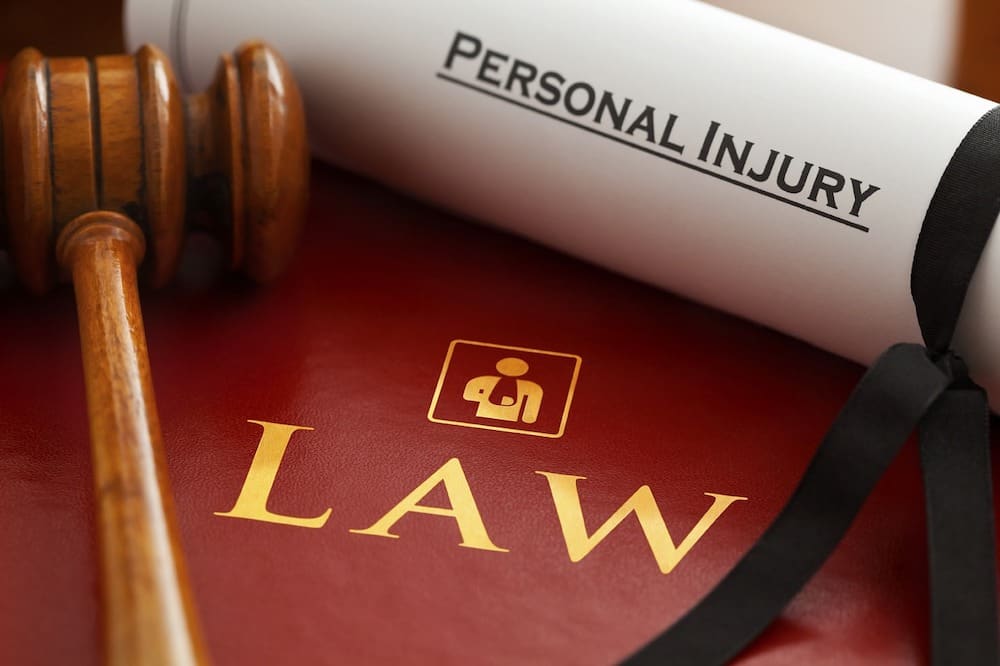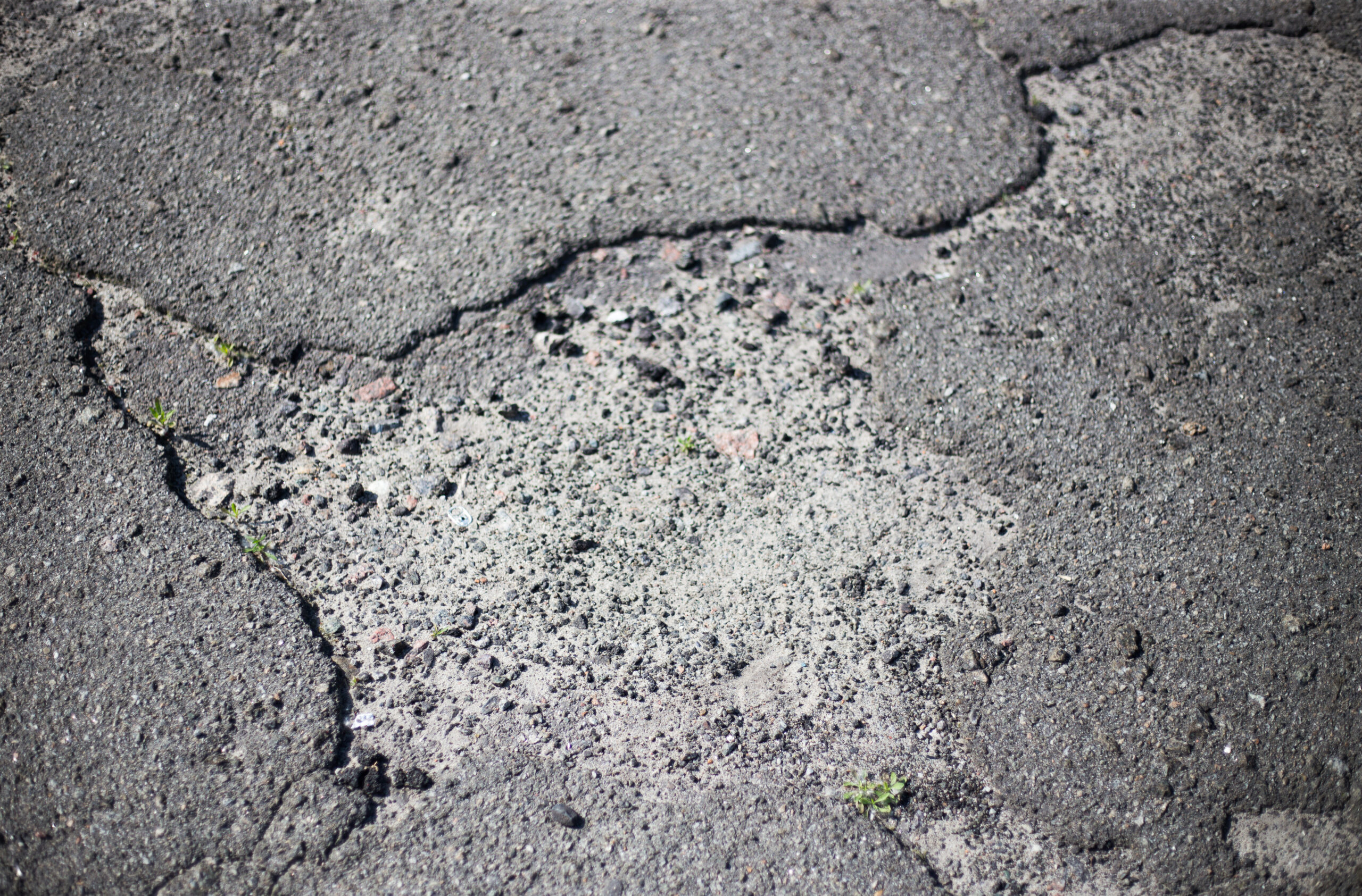
After an accident, the decisions injured individuals make, including refusing or delaying medical care, significantly impact their claims for compensation. Regardless of whether an injured individual refuses medical care at the scene or later during the treatment process, it will negatively impact the outcome of their claim as the insurance company will argue that you failed to take the appropriate steps to mitigate further damages. Therefore, it is imperative to seek immediate medical attention after an accident for your health and maximize your chances of recovering the maximum compensation to which you may be entitled for your injuries. Many often wonder whether they can still file an injury claim if they initially deny medical care. Please continue reading to learn how denying or delaying medical care can impact your claim and how a talented New Jersey Personal Injury Lawyer can help you fight to obtain the just compensation you deserve.
Can I still file an injury claim if I initially denied medical care in New Jersey?
While you can still file a claim if you refused medical treatment at the accident scene, it will give ammunition to the insurance company to deny your claim. In most cases, the insurance company will argue that you did not get hurt or that your injuries aren’t as severe as you may have claimed, as they did not require medical intervention. To receive the total compensation you may be entitled to, it is necessary to provide evidence of your economic and non-economic damages, including out-of-pocket medical expenses. If you do not seek immediate medical treatment, you may not accurately record your damages, which could hamper your ability to recover compensation to cover the costs associated with your injuries.
How can comparative negligence rules impact my injury claim?
In addition, the insurance company will likely argue about the causation of later treatment. In New Jersey, it is a victim’s responsibility to take the necessary steps to mitigate further damage, such as seeking immediate medical attention to ensure a speedy recovery. Due to comparative negligence laws, a victim can be held responsible for a percentage of fault if they do not mitigate the risks of further damage. Therefore, if a victim refuses or delays medical care, which results in a longer recovery period or long-term medical issues, they can be held accountable for their degree of fault in contributing to the severity of their injuries. If they are found more than 51% at fault in the accident, it will result in the absolute bar of recovery.
As you can see, seeking immediate medical care benefits your health and maximizes your chances of recovering the maximum compensation you may be entitled to for the damages you’ve incurred. If you’ve been injured due to someone else’s negligence, contact a determined lawyer from the legal team at Falcon Law Firm, who can help you get the most out of your claim to help you get back on your feet.



